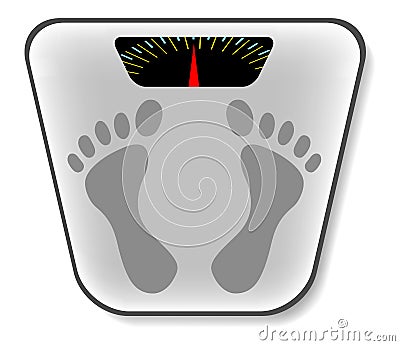A few years ago, Reid and I were reunited on the great village square of our times: Facebook. I learned that he had written a collection of the "Jack Tales" he so loved to share with us. Sophisticated, cosmopolitan graduate students would sit wide-eyed and cross-legged on the floor in our stocking feet like children as our professor hunkered down and told us stories of joggle boards in the woods, of swinging on honey suckles, and of haunted trips to the privy in the Carolina winter moonlight. When I received my copy of Trickster Jack from Amazon, there was a miracle inside. Had the seller known how much I would treasure that title page, she would not have let it go so cheaply.
While Trickster Jack was a work of imagination, The Twelve Houses of My Childhood is Gilbert's true life memoir of growing up in the hills and small towns of North Carolina and Western Virginia during the Great Depression and World War 2. At least I hope it's all true. Like all the best stories, "if it ain't true, it ought to be".
It all began, as I was told, on November 15, 1930, after my mother's thirty hours of intense labor to bring forth her second child, her first son. The event occurred on East 22nd Street in Winston-Salem, NC. Decades later, I read with some chagrin that prolonged birthing labor by the mother often accounted for diminished intelligence of the new human creature. By the time I learned this factoid it was too late for anyone to do anything about it, but it does five me a medical excuse for any intellectual shortcomings.
Eddie Reid's story (he never used the "Eddie") meanders like a creek finding its way down a piney mountainside. Along its banks, we find stories of the gypsies Gilbert credits with instilling his life-long wanderlust, and big sister Susie, who later insisted on "Della Sue" because she didn't want the same name as the milk cow. Brother "Baby Ott" and sister Mary Evelyn come along a few houses later, and spend the rest of their lives teasing and tormenting one another.
Evelyn ran to Mamma, crying again. "Evelyn, what's wrong now?"
"He's still makin' faces at me."
"How do you know? Didn't he keep the door closed?"
"Yeah, but I looked through the keyhole, an' there he was makin' a face."
Later, big brother Reid realizes "it was a game they both enjoyed playing... and would continue for years".
Gilbert tells his family's story with humor and empathy. His loving description of his Mamma scrubbing their clothes in a metal tub with lye soap, water hauled from the spring and heated over an open fire, and a washboard that left her hands red and raw for days after is both inspiring and heartbreaking.
In one particularly moving passage, he tells of the lesson his Daddy learned one day after church, while walking with his younger son on the way to check the traps for turtles.
Daddy was feeling a little guilty to be doing something so enjoyable on a Sunday, He and Ott had to cross a newly plowed field to get to the creek. Because of his uneasyness, Daddy strode across the field rather quickly and in large strides before anyone might see them.
Suddenly, he heard Ott behind him, grunting and seemingly gasping for breath. As he looked back, he asked,"What's wrong, Son?"
"Daddy, it's hard stepping in your tracks."
Chastened, the young father and Sunday School Superintendent passed the lesson his child had taught him along to the adults in his class at church."
Folks, you better be careful where you're walkin' an' which way you're goin'. There'll be some little tyke followin' close behind, trying so hard to follow your example."
Yes, The Twelve Houses of My Childhood is a southern coming-of-age story. Young Reid encounters "the fair sex" from time to time, with mixed success. He hunts possum. He is introduced to the principles of social justice, not only as a witness to the segregation of his "colored" playmates, but also as a target of mockery and neglect from his more affluent white neighbors and teachers. But this tenderly rendered tale is also a loving portrait of a family and a time when things like running water, electric light, and a real Frigidaire to save Mamma from having to fetch milk from the spring house were faraway miracles, not givens of domestic life. Holding my electronic tablet in my hands, laughing out loud as my old professor learned to plow a straight row, or shift gears in the makeshift tractor that they called a "Doodlebug," I couldn't help feeling a little spoiled by all the gadgets and gizmos that fill my life. I wonder if a few less illuminated screens, and a few more walks in the trees with loved ones might not be better for my soul.
How to sum up the experience of reading the memories of a man I have loved every day, even though I have not seen him for thirty years? I was shaken almost to tears when I turned the last page. I'm still grieving, a little. I loved this book so much that it hurt to have to finish it. I appreciate the Kindle convenience, but I think I'll be ordering a copy for my bookshelf. I want to be able to share it.
Here's hoping my old teacher has another volume or two in him. Maybe "The Twelve Apartments of My College Years?"
Peace,







